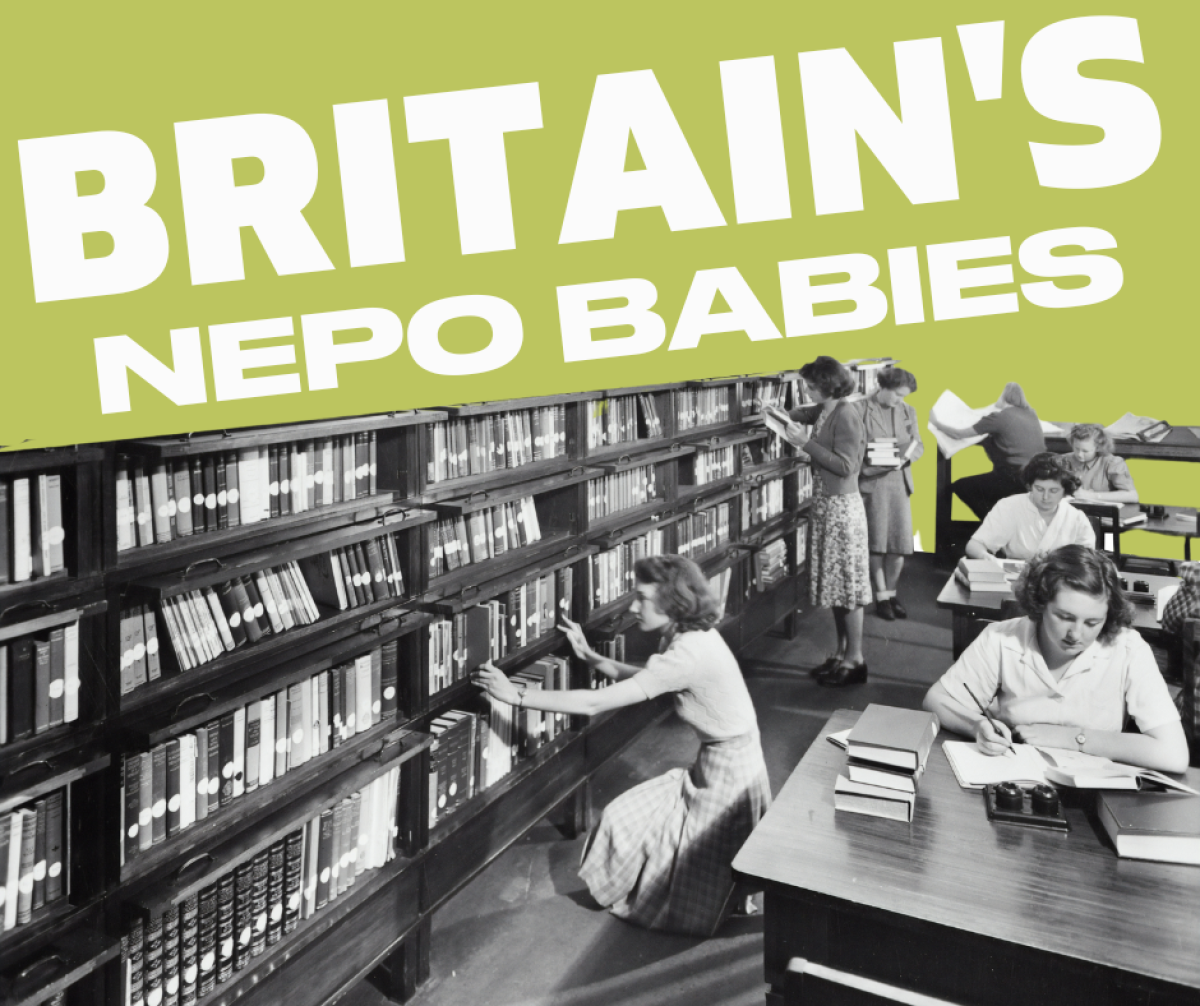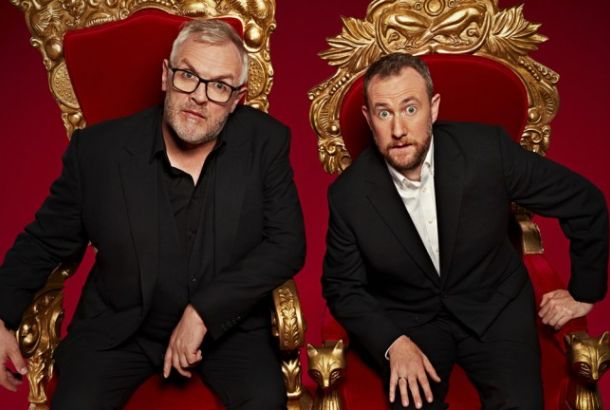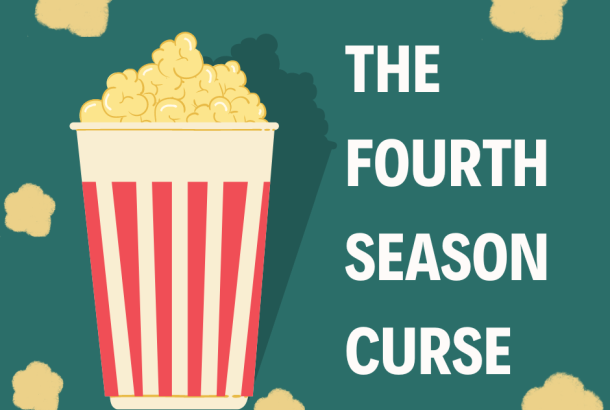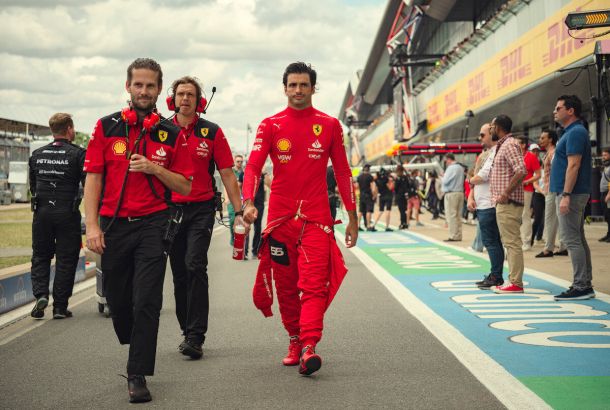Co-stars or boarding school bunk mates? Britain’s privately educated ‘nepo babies’

‘Nepo babies’ have been discussed frequently in recent years, however, most of these discussions concentrate on America’s ‘nepo babies.’ From the top five websites that come up when searching ‘Top 10 Nepo Babies’, the only British actors that feature are Benedict Cumberbatch, son of actors of Timothy Carlton and Wanda Ventham, and Lily Collins (technically, British-American) – the daughter of Phil Collins. Does this mean that we Brits can pat ourselves on the back and congratulate our entertainment industry for not being built on meritocracy? I am afraid not since what is commonly neglected in discussions is the number of British actors who have been privately educated.
Nepotism can be defined as the act of individuals in positions of authority or influence showing preferential treatment towards their family members, close friends, or acquaintances, particularly by granting them employment opportunities. Thereby, one can benefit from nepotism without necessarily having an A-list celebrity parent. This is where many British actors have benefited, as a large proportion of them have been privately educated.
Many of the UK’s most iconic actors ranging from Tom Hiddleston to Dame Maggie Smith have been privately educated. Out of the fifty greatest British actors listed on Time Out’s list, over 50% had received a private education. The Sutton Trust conducted a study revealing that 42% of British BAFTA winners and 67% of British Oscar winners were privately educated. Considering that a mere 7% of students in the UK are privately educated, this does not reflect within the British entertainment circle. So how come so many privately educated students fare better than their state school counterparts in the acting industry?
The range for fees for these schools can reach as high as £48,000 a year. Given that the average salary in the UK is estimated to be just over £30,000. Meanwhile, according to Simply London, the minimum termly fees for private schools in London vary from £6,250 to £13,372 depending on whether it is day or boarding. The money being paid to these schools through fees as well as beneficiaries would allow for better facilities that could nurture students’ interests in activities.
Furthermore, progression to higher education is higher in private schools compared to state schools meaning that privately educated students can benefit from drama departments at universities. Comparing the fees for private schools to the average London salary of around £41,000 shows that this sort of education is not for the likes of the working class.
Maybe it is unfair to state that private schools are reserved for the wealthy as many private schools do offer financial assistance. Top boarding schools such as Harrow and Eton boast an array of bursaries available which can reduce a student’s fees anywhere between 5% to 100%. However, in order to receive these bursaries, the student must either display considerable talent in a particular field or pass a highly competitive exam.
This topic has been spoken out by actors from working-class backgrounds such as James McAvoy who has criticised the dominance of “posh actors” within the industry as this limits the opportunities for people who do not come from as privileged backgrounds. Many privately educated actors have also been able to attend elite drama schools such as RADA. Julie Walters has also weighed in on this phenomenon as she sees the class disparity in the industry as saddening because many working-class aspiring actors cannot afford this route.
Ultimately, being privately educated does not undermine tiger the success or talent of an actor. However, it must be noted that these actors have been incredibly privileged and received more assistance in developing their careers than their state-schooled counterparts. We can only hope that these disparities may one day be bridged.







